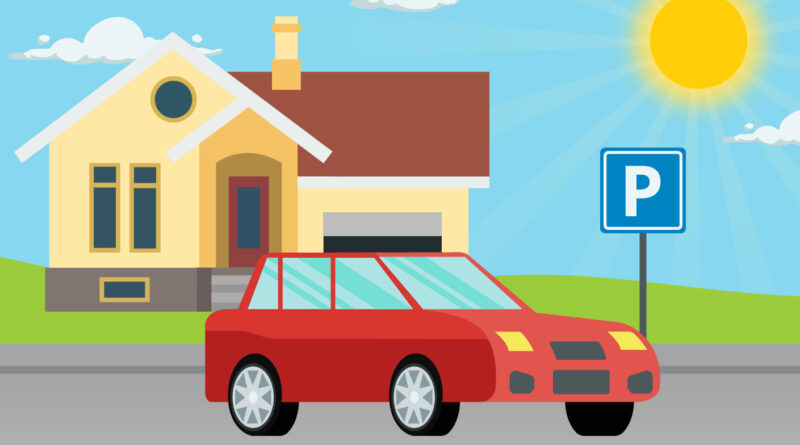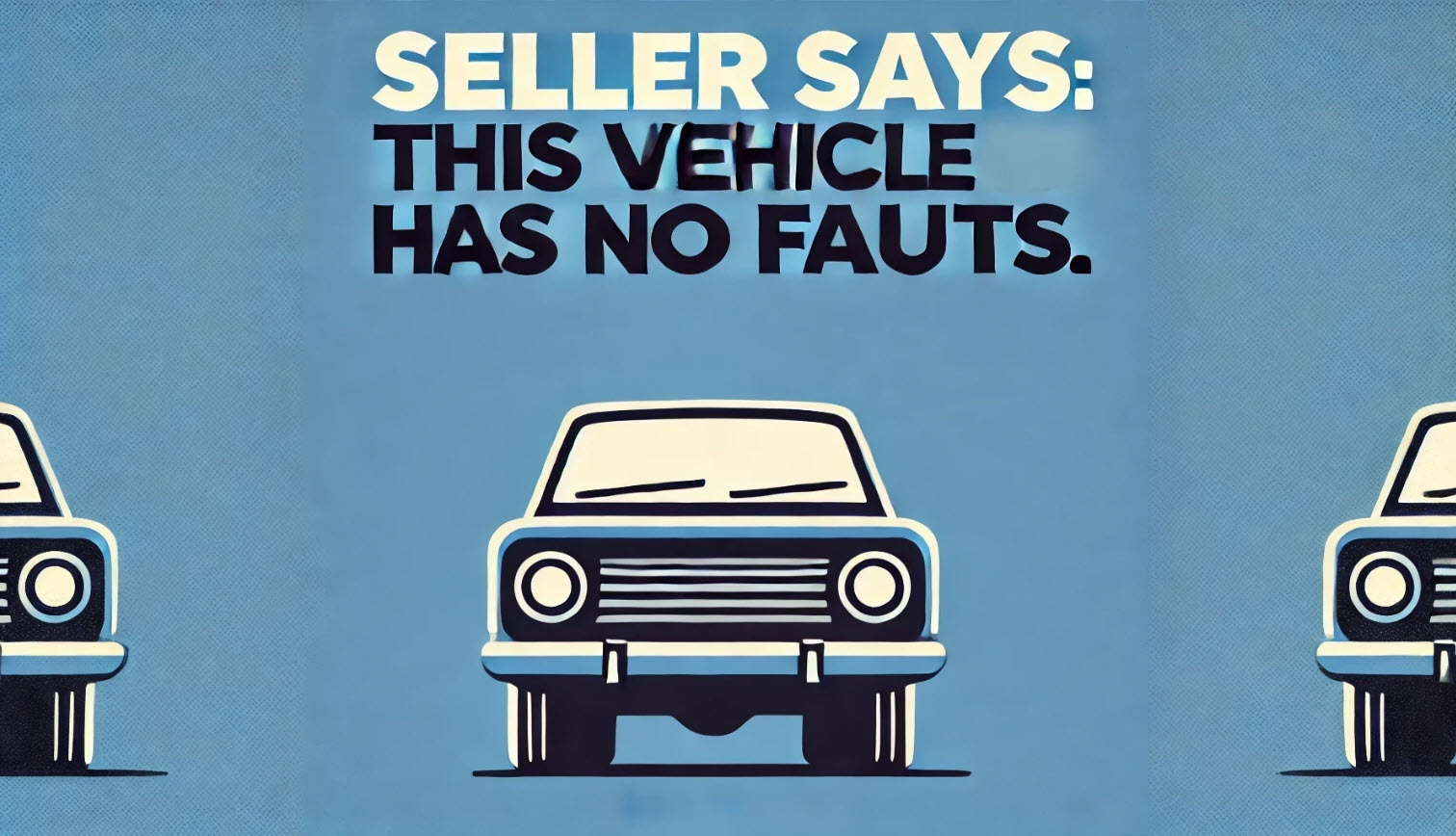DVLA Registered Keeper and Legal Owner of a Car
Estimated reading time: 4 minutes
In the realm of vehicle ownership and registration, two key terms often emerge: DVLA registered keeper and legal owner. Understanding the crucial difference between these roles is essential for vehicle owners, buyers, and even those involved in legal proceedings. This article aims to elucidate the distinctions between the DVLA registered keeper and the legal owner of a car, shedding light on their respective responsibilities and implications. Read how to determine legal ownership.
DVLA Registered Keeper: What Does It Mean?
The DVLA registered keeper is a term commonly used in the United Kingdom and pertains to the individual or entity responsible for the administration of a vehicle’s registration with the Driver and Vehicle Licensing Agency (DVLA). This role is predominantly associated with administrative tasks, such as updating records, paying road tax, and ensuring compliance with legal requirements. The registered keeper need not necessarily be the legal owner of the vehicle; instead, they are the custodian of the vehicle’s paperwork and related responsibilities.
Responsibilities of the DVLA Registered Keeper
- Updating Vehicle Records: The registered keeper is responsible for informing the DVLA of any changes related to the vehicle, such as a change of address, sale, or transfer of ownership.
- Paying Road Tax: Ensuring that the vehicle has valid road tax is a key duty of the registered keeper. This ensures that the vehicle is legally allowed on the road.
- Maintaining Insurance: The registered keeper must also ensure that the vehicle is insured in compliance with legal requirements.
- Facilitating Legal Proceedings: In the event of legal matters, the registered keeper may be called upon to provide information about the vehicle’s history or ownership.
Legal Owner of a Car: Ownership and Control
The legal owner of a car is the entity or individual with the rightful claim to the vehicle. Ownership implies control, allowing the legal owner to make decisions about the vehicle’s use, sale, or disposition. The legal owner’s name is not typically on the vehicle’s title or the V5C registration certificate.
Implications of Legal Ownership
- Decision-Making Authority: The legal owner has the authority to sell, transfer, or make significant decisions regarding the vehicle.
- Liabilities and Rights: Legal ownership carries with it specific rights and responsibilities, including financial liability and insurance requirements.
- Vehicle Sales: When a vehicle is sold, the legal owner is the one who can legally transfer the ownership to the new buyer.
- Loan or Finance Agreements: In cases where a vehicle is subject to a loan or finance agreement, the lender may retain legal ownership until the debt is settled.
Understanding the Significance
The distinction between the DVLA registered keeper and the legal owner of a car is pivotal, particularly in cases of disputes, sales, and legal proceedings. It is essential for all parties involved in vehicle ownership to comprehend their roles and obligations accurately.
If you are looking to see who owns a car, your first step is usually a obtain car history check. It provides the nearest online data pertaining to car ownership.
We can provide you with the following information if the car was registered in the UK from new:
- How many owners the car has had
- The date the registered keeper acquired the car
- The length of time the registered keeper has had the car in their possession
- The date the previous owner sold the car
- The date the previous owner bought the car
- Vehicle age
- Date of registration
- The city (or region) or postcode area where the car is currently registered with DVLA
If you need further details, the V888 offered by DVLA is your next step. This is the only legal method of obtaining the name and address of the existing or previous keeper. There are specific criteria to meet upon application as stipulated by reasonable cause. This usually includes criteria such as:
- Road traffic accident queries
- Abandoned vehicles
- Illegal parking
- Parking fines
- Theft of goods
- Suspicion of insurance fraud (recommend to check the askMID database first)
We know of instances where a DVLA registration check has provided details of the registered keeper and previous keepers, including names and addresses.
Conclusion
In the world of vehicle ownership, clarity regarding the roles of the DVLA registered keeper and the legal owner is vital. Each has distinct responsibilities and implications, and understanding these differences is crucial for a harmonious and legally compliant vehicle ownership experience. Whether you’re a car owner, buyer, or someone dealing with legal matters involving vehicles, grasping this differentiation ensures that you navigate the complexities of vehicle registration and ownership with confidence and precision. Reminder while you research ownership and previous keepers – vehicle’s overall condition is important too buying a used car a professional pre-purchase inspection (PPI) is a must. It helps uncover hidden issues.




